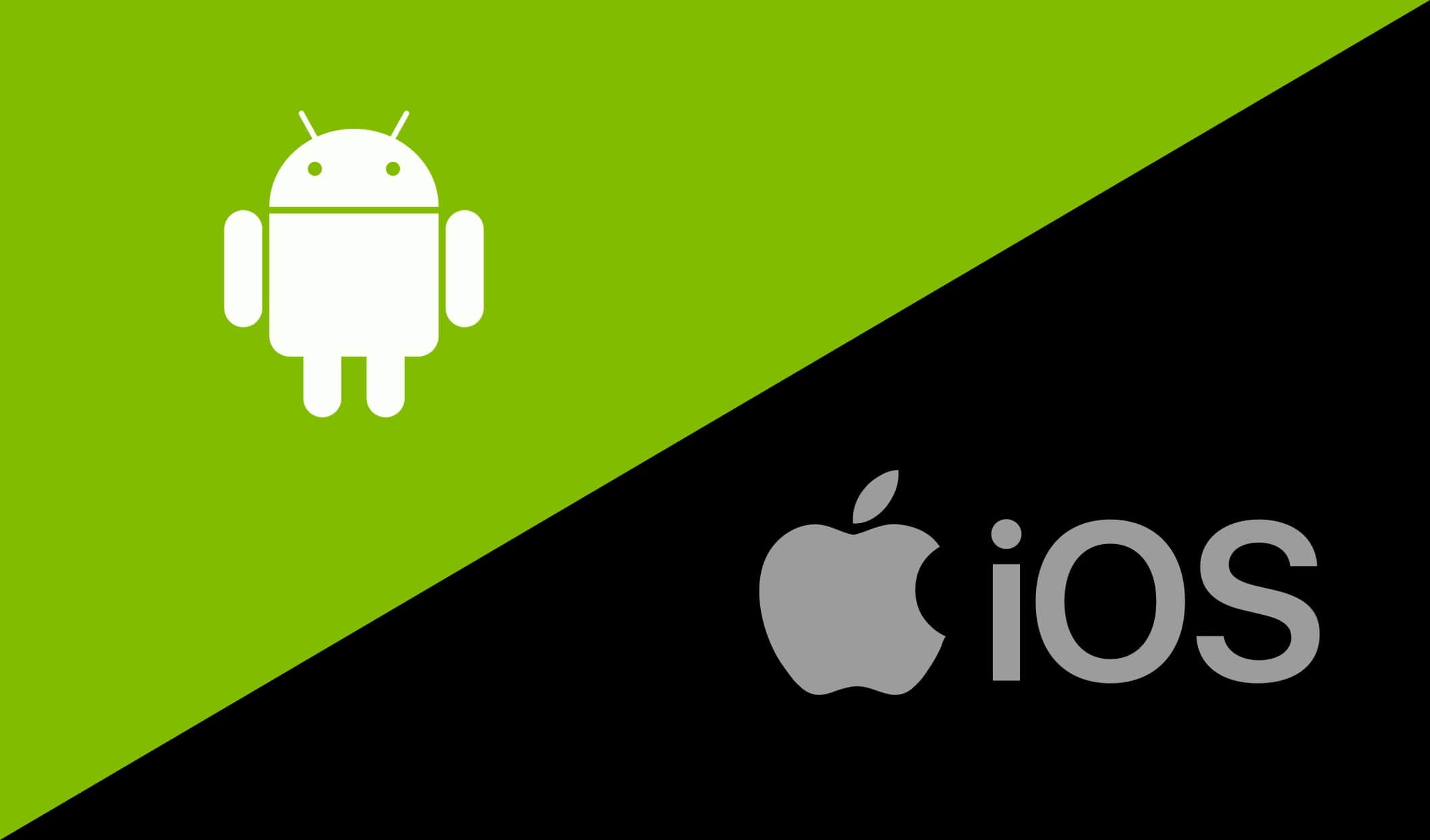Know about the coding standards for Android development with our Tips, How-tos, and best practices.
In the rapidly advancing field of mobile technology, Android has emerged as the preferred platform for many mobile app developers worldwide. Its broad acceptance and versatility underscore the importance of adhering to established Android coding standards and best practices. These meticulously designed guidelines serve as a guide for android app developers, guiding them through the difficulties of creating apps.
They simplify the development process and guarantee that coding Android apps is a consistently reliable, efficient, and fulfilling endeavor. By embracing these standards, android app developers can confidently navigate the intricacies of Android app development, ensuring their applications stand out in a competitive digital ecosystem. This adherence to the best practices leads to high-quality software, increasing the user experience and establishing a benchmark for excellence in the mobile app development services.
Adopting Descriptive Naming for Clarity
Adhering to android coding standards and best practices, using descriptive and meaningful names for variables, classes, and interfaces, such as CustomerProfile, TotalAmount, or UserInterface, is crucial in Android development. This approach not only improves code readability and guides mobile app developers through the application's logic, but it also simplifies maintenance and evolution of the codebase. Descriptive naming serves as self-documenting code, reducing the need for additional comments and making the code intuitively understandable, aligning with the best practices for coding apps for Android and enhancing collaborative development efforts.
Following Java and Android Coding Conventions
- Class and Interface Names: Start with an uppercase letter, followed by camelCase for subsequent words (e.g., UserProfile, PaymentGateway).
- Variables and Methods: Initiate with a lowercase letter, employing camelCase for compound names (e.g., userEmail, calculateTotal()). Stick to lowercase for package names to maintain uniformity (e.g., com.example.app).
- Constants: Capitalize entirely, using underscores to separate words if necessary (e.g., FINAL_SCORE, MAX_USER_COUNT).
Documenting Code for Future Reference
- Class Documentation: Begin every class with comments that summarize its purpose, alongside author, creation, and modification dates. This contextual information is invaluable for ongoing development and future updates.
- Function Documentation: Clearly document each function, detailing its objectives, parameters, and return values. This step is crucial for ensuring that the functionality is immediately understandable to new viewers or future you.
Efficient Resource and Memory Management
- Resource Organization: Structure your code into distinct packages based on their functionality, such as UI activities, constants, and data models. This segmentation enhances code readability and maintainability.
- Resource Definition: All application resources, from strings to colors and dimensions, should be meticulously organized within the res directory. This organization aids in maintaining a clean and easily navigable codebase.
Enhancing User Experience and Performance
- Incorporate progress dialogs for long-running operations to keep users informed and engaged.
- Leverage multithreading and AsyncTask for background operations, particularly those involving UI updates, to ensure smooth performance and an optimal user experience.
UI Design and Consistency:
- Use Android's drawable directories to manage images and icons across different screen resolutions, ensuring your app's UI remains consistent and appealing on any device.
- http://developer.android.com/guide/practices/screens_support.html
- Define custom styles and themes for your app's UI components to streamline the design process and maintain consistency across your application.
- For More UI interface guidelines refer to: http://developer.android.com/guide/practices/ui_guidelines/index.html
Code Formatting and Simplification:
- Consistently format code and XML files to maintain readability and a standard coding structure. Utilize Android Studio's formatting shortcuts to keep your code neatly organized.
- Embrace simplicity in your coding and design, focusing on readability and efficiency. Avoid overcomplicating your code with unnecessary variables or complex structures.
Keeping Up with Android Development Trends
Staying informed about the latest in Android coding language trends, such as the shift towards Kotlin for its concise syntax and robust features, can significantly enhance your development practices. Regular updates and a commitment to learning are key to staying ahead in the dynamic field of Android development.
By integrating these Android coding standards and best practices into your development workflow, you're setting a solid foundation for creating high-quality, efficient, and impactful Android applications. Whether you're coding apps for Android or exploring advanced features of the Android coding language, adherence to these guidelines will ensure your projects are not only successful but also a pleasure to work on. Know which are the top 10 android app development companies who help in developing reliable and scalable apps.
Conclusion:
In the context of Android app development, the significance of integrating android coding standards and best practices into your workflow cannot be emphasized. These android coding guidelines are the foundation for creating applications that are not only robust and scalable but also provide a seamless user experience. Embracing the best practices of android app development is a hallmark of experienced android developers who understand the importance of quality and consistency in their work.
For those dedicated to coding apps for Android, mastery of the Android coding language is essential. It's this expertise that allows for the crafting of applications that stand out in the crowded marketplace. Coding for Android requires a blend of technical skill and creative vision, and adherence to these Android coding standards ensures that your applications meet the highest level of professionalism and polish.
As you forge ahead in your Android development journey, remember that these standards and practices are not just guidelines but the foundation upon which exceptional apps are built. They are the key to unlocking the full potential of Android and to delivering experiences that resonate with users worldwide.









